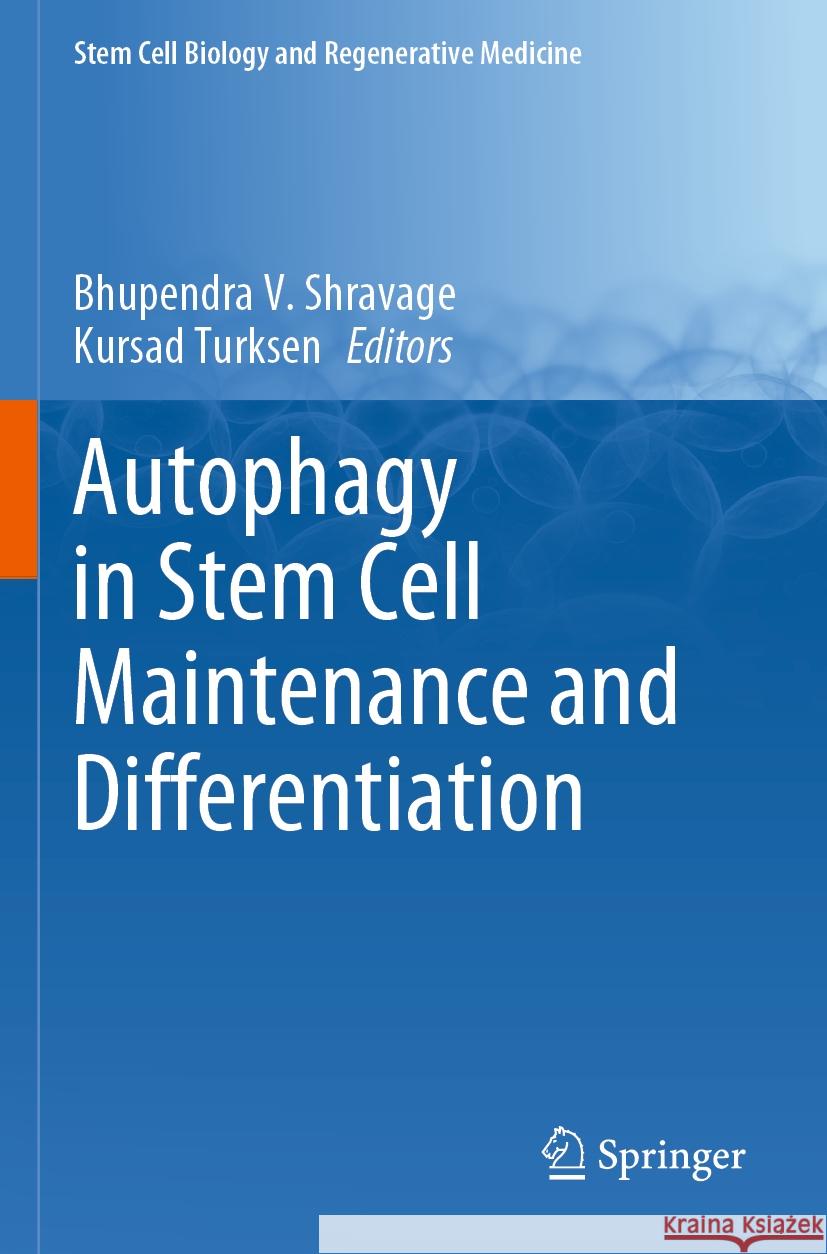Autophagy in Stem Cell Maintenance and Differentiation » książka
topmenu
Autophagy in Stem Cell Maintenance and Differentiation
ISBN-13: 9783031173646 / Angielski / Miękka / 2023
Autophagy in Stem Cell Maintenance and Differentiation
ISBN-13: 9783031173646 / Angielski / Miękka / 2023
cena 724,58
(netto: 690,08 VAT: 5%)
Najniższa cena z 30 dni: 693,97
(netto: 690,08 VAT: 5%)
Najniższa cena z 30 dni: 693,97
Termin realizacji zamówienia:
ok. 22 dni roboczych.
ok. 22 dni roboczych.
Darmowa dostawa!
This book covers a wide range of topics that illustrate the various functions of autophagy in stem cells and offers insights on the mechanisms by which autophagy can regulate stem-cell self-renewal and facilitate specific differentiation programs. Stem cells are unique cells present in most multicellular animals and are essential for their survival. They have two unique properties: the ability to self-renew and the ability to differentiate into one or more cell types. These characteristics of stem cells have found immense therapeutic potential in regenerative medicine. Autophagy is a crucial membrane trafficking pathway that is essential for maintaining cellular homeostasis that involves sequestration of non-functional proteins, protein aggregates and damaged organelles in double-membraned vesicles called autophagosomes, which are subsequently targeted to the lysosome for degradation. The primary aim of this book is to provide knowledge of recent developments in our understanding of the role of autophagy in stem cells, including germline stem cells.
Autophagy is considered a promising target for many diseases. Significant efforts are being developed to identify specific modulators of autophagy, which will aid in designing combinatorial therapeutic strategies that will allow significant improvements in regenerative medicine.











